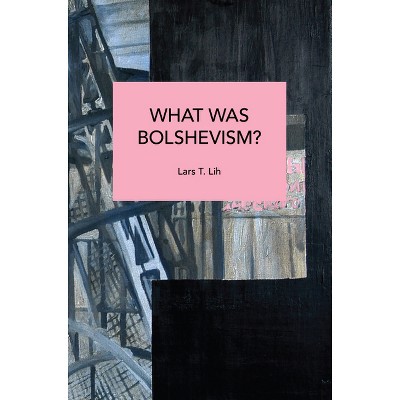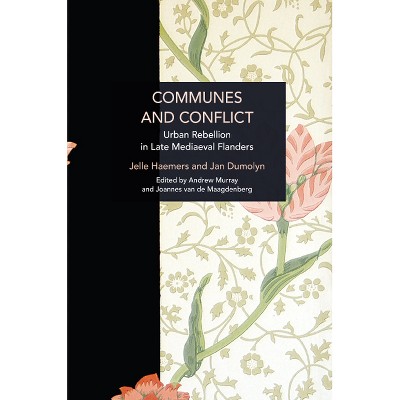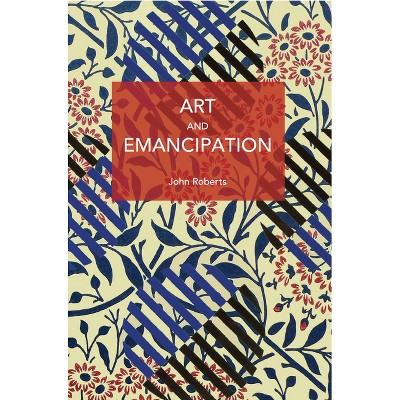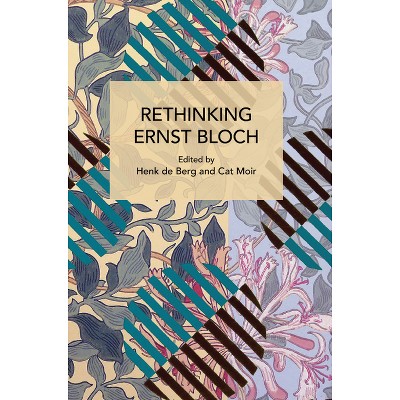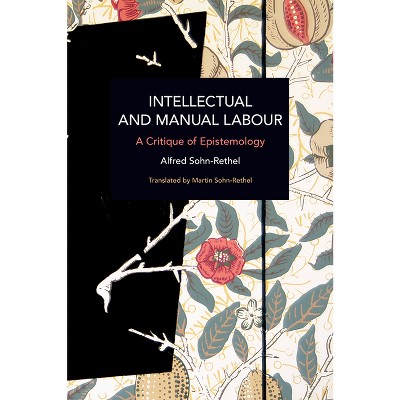Sponsored

Urban Revolutions - (Historical Materialism) by Stefan Kipfer (Paperback)
In Stock
Sponsored
About this item
Highlights
- What do struggles over pipelines in Canada, housing estates in France, and shantytowns in Martinique have in common?
- About the Author: Stefan Kipfer teaches in the Faculty of Environmental and Urban Change, York University, Toronto.
- 323 Pages
- Social Science, Sociology
- Series Name: Historical Materialism
Description
Book Synopsis
What do struggles over pipelines in Canada, housing estates in France, and shantytowns in Martinique have in common? In Urban Revolutions, Stefan Kipfer shows how these struggles force us to understand the (neo-)colonial aspects of capitalist urbanization in a comparatively and historically nuanced fashion. In so doing, he demonstrates that urban research can offer a rich, if uneven, terrain upon which to develop the relationship between Marxist and anti-colonial intellectual traditions. After a detailed dialogue between Henri Lefebvre and Frantz Fanon, Kipfer engages creole literature in the French Antilles, Indigenous radicalism in North America and political anti-racism in mainland France.
Review Quotes
Urban Revolutions: Urbanisation and (Neo-) Colonialism in Transatlantic Context is the culmination of the anti-colonial, historical-geographical materialist scholarship that Stefan Kipfer has developed over many years. The book examines how Marxist and revolutionary anti-colonial currents can be fused and brought to bear on urban problematics, starting with Henri Lefebvre and Frantz Fanon. What Kipfer terms the 'Lefebvre-Fanon lineage' is then brought into different time-space contexts, where it meets ideas and praxes developed by subalterns in their respective struggles against (neo-) colonial capitalism. In an intellectual voyage that traverses Algeria, the Antilles, France and Canada, Kipfer pieces together a wide range of intellectual currents with an admirable depth and mastery.
-Prof. Laam Hae, Urban Studies Journal
Urban Revolutions: Urbanisation and (Neo-) Colonialism in Transatlantic Context is the culmination of the anti-colonial, historical-geographical materialist scholarship that Stefan Kipfer has developed over many years. The book examines how Marxist and revolutionary anti-colonial currents can be fused and brought to bear on urban problematics, starting with Henri Lefebvre and Frantz Fanon. What Kipfer terms the 'Lefebvre-Fanon lineage' is then brought into different time-space contexts, where it meets ideas and praxes developed by subalterns in their respective struggles against (neo-) colonial capitalism. In an intellectual voyage that traverses Algeria, the Antilles, France and Canada, Kipfer pieces together a wide range of intellectual currents with an admirable depth and mastery.
--Prof. Laam Hae, Urban Studies Journal
About the Author
Stefan Kipfer teaches in the Faculty of Environmental and Urban Change, York University, Toronto. He has published widely on space, social theory and urban politics, including the co-edited Space, Difference, Everyday Life: Reading Henri Lefebvre and Gramsci Space Nature Politics.
Shipping details
Return details
Trending Non-Fiction







